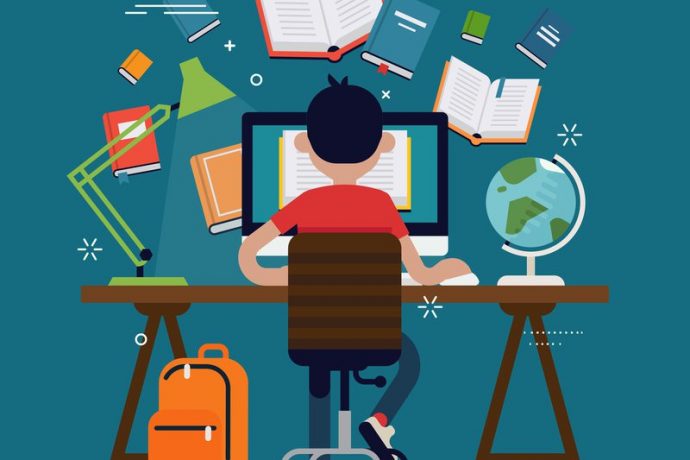
Practical Strategies for Students to Harness E-Libraries and Digital Resources
The digital revolution has affected and influenced every field of life. Likewise the field of education has also been affected by the digital revolution. It now has the scope and potential to offer students a wealth of knowledge through the e-libraries and digital resources. However, students can only leverage these tools efficiently if they have a full understanding to use these tools efficiently so that their learning experience is enhanced.
Embracing the Digital Shift
There is vast amount of options available to students and they can navigate this vast expanse at a single click. This article highlights some practical strategies for navigating these massive digital resources and e-libraries as follows:
- Strategic Investigation and Adaptation
The vast e-resources and digital libraries contain a large amount of data regarding various subjects. For example e-libraries like PubMed is used by medical students for. J-store is use by management and business students and IEEE Xplore contains engineering resources. Likewise there are resources for kinds of subjects and students around the globe make use of these specialized resources once they know how to use them. For example, a biology student researching genetics can explore peer-reviewed articles and journals in e-libraries specializing in biological sciences.
- Refining Search Techniques
In order to effectively uses search techniques and find out appropriate data that is required, it is very important to master search techniques. Students need to understand the importance of the Boolean operators. For example a sociology student who is investigating gender studies might use these operators like ‘And’, ‘or’ or ‘not’ to refine the search results and take out specific outcomes according to the matter at hand. This way students can refine variables, select time frame for articles or bring out specific issues.
- Customized Resource Organization
Another way to organize research is to make customized folders within the e-libraries and digital resources. This way the students can classify the relevant research articles and then use them accordingly. One example of this could be a music student curating collections based on composers, genres or historical eras to compile resources for the music theory and research accordingly.
Maximizing Learning Outcomes
- Augmenting Classroom Learning
Students can supplement their understanding from textbooks by using diverse resources from e-resources and digital libraries. For example a geography student who is doing research on climate change can access interactive maps or scientific reports on e-libraries along with the information available in their textbooks, thus gaining a multifaceted understanding of the topic.
- Engaging in Collaborative Learning Platforms
Active partaking in discussion forums or study groups available in e-libraries also gives an amplification to the students’ learning. For example, a psychology student might engage in debates or share case studies and this could be dual learning for students as well as other learners. Students can benefit from collective insights and diverse viewpoints and thus gain a better understanding of the topic under study.
- Professional Skill Development
E-resources and digital libraries offer courses which can equip students with the practical skills that they require for their career advancements. For example, a student is learning photography, he can access photography workshops and tutorials and make an understanding of the subject accordingly.
Some Tips for Efficient Utilization
- Allocate specific time blocks for focused research or study sessions. For instance, an economics student might dedicate mornings to delve into economic theories using digital resources.
- Utilize annotation features to highlight critical sections or add personal notes. A political science student might annotate important legislative texts in an e-library for a comprehensive understanding.
- Regularly exploring updated content is vital. A computer science student can explore coding challenges or online forums to stay updated with the latest programming trends.
Conclusion
Concluding the entire discussion, it could be said that mastering the art of utilizing e-libraries and digital resources empowers students in their educational journey. By incorporating these tools into their study routines, students are not only able to deepen their subject knowledge but also cultivate critical skills essential for academic and professional success.

Content writer, educationist, teacher, researcher, social media manager, and a SEO manager from lahore. She has been working as a freelance academic and non-academic writer for more than 20 years now. She has a passion to learn new things and has a knack for writing and she combines both things to produce write ups she pours her heart out in.

